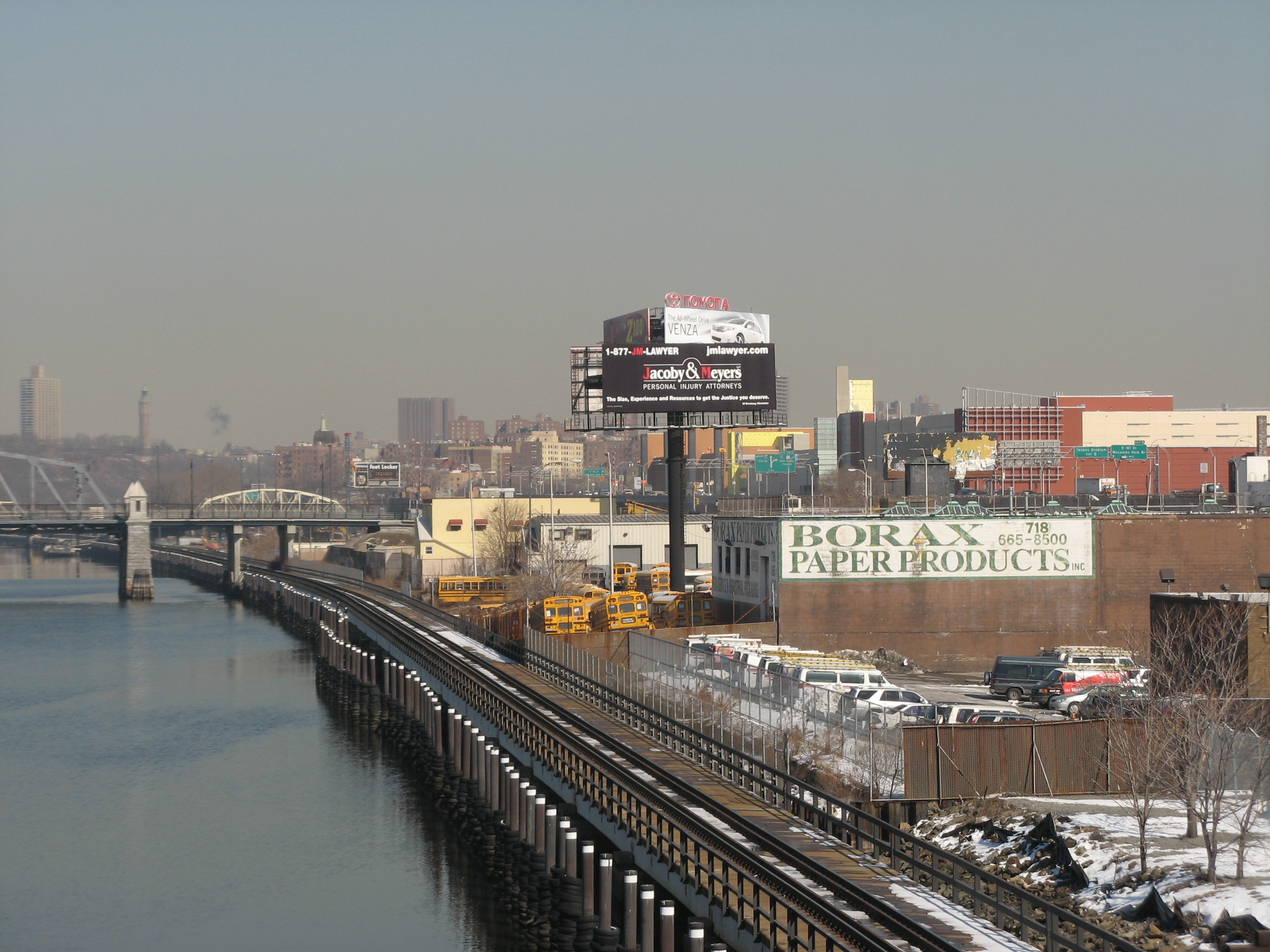New Yorkers have overwhelmingly voted in favor of the $4.2 billion Environmental Bond Act, the largest measure of its kind in the state’s history — and one that is expected to improve the health and safety of Bronx residents.
Voters also approved two racial justice initiatives – one to create an Office of Racial Equity, and another to add a statement of vision and values to the New York City Charter – as well as a measure that changes how the “true cost of living” is calculated.
The statewide environmental proposal, which 81% of New York City residents voted “yes” on, approves funding of environmental restoration projects across four categories: water quality and resilient infrastructure; open space conservation and recreation; restoration and flood risk reduction; and climate change mitigation.
While all New Yorkers are subject to the effects of climate change, children, minorities, and low-income individuals in the South Bronx are disproportionately affected. These communities are more susceptible to hospitalization due to asthma than those with higher income, according to a recent study on air pollution and childhood asthma in The Bronx.
An average of 103,608 trucks run daily through the extensive highway networks that affect nearby residential neighborhoods, according to a smart truck management plan by the New York City Department of Transit. The heavy exhaust from the highway network and Hunt Point’s industrial landscape have inspired the nickname “Asthma Alley” for the high asthma rates faced by residents and children in the community.
“As a nurse, I know a lot of people come in with asthma. I haven’t seen this much asthma anywhere in my life to tell you the truth,” said Bronx resident Omarr Savage.
Mitigating the risk of air pollution and air quality in the Bronx is just one of the issues that the New York State Environmental Bond Act aims to address. Reaching environmental equity and providing New Yorker’s a pathway towards a clean, green and safe environment is at the heart of the proposal. For Alena Yang, a hospital administrator, the potential for change exists.
“I don’t think the Bronx is not environmentally conscious. I think the area is just not given the same opportunities to be environmentally friendly.”
Bronxites also voted on an array of other ballot issues, including the establishment of a new Commission on Racial Equity, which 70% voted “yes” on, and a new preamble for the city’s charter about promoting justice and equity for New Yorkers, which 72% voted “yes” on.
“I think racial equity is critically important here in the South Bronx,” said Jackie Marreo, a Bronx resident. “We know that our community is made up of mostly Black, Latinx individuals who are disproportionately impacted by anti-Black anti-Latinx policies. Being inclusive of their stories and their experiences is extremely important.”
Bronx residents also weighed in on the cost of living, which has top of mind inflation rises. According to the U.S. Bureau of Labor Statistics, the Consumer Price Index increased 0.4% in September 2022, and 8.2% over the last 12 months. The ballot initiative passed, with 81% of residents voting “yes.”
“We’re in New York, we have one of the highest costs of living,” said Jessica McCants, a finance supervisor and Bronx resident. “We pay higher taxes than other states.”
The cost of living question was personal for Mayra Pellot, a 55-year-old mother of three who is struggling to stay afloat during this period of economic turbulence.
“I’m back on my rent because I have to buy food, we need internet for my mom’s dialysis,” she said. “I’ve seen people struggle, I’m only one person but kids are starving.”
“I hope politicians do something,” she added.
The four proposals that passed will be effective immediately.
Additional reporting contributed by Mary Cunningham. Editing by Alicia Garaj.

